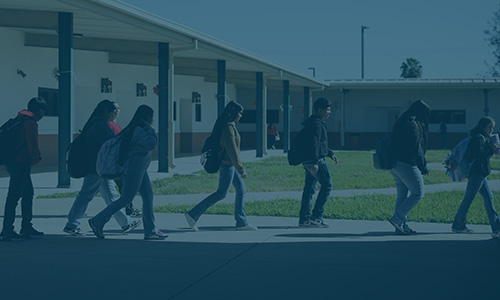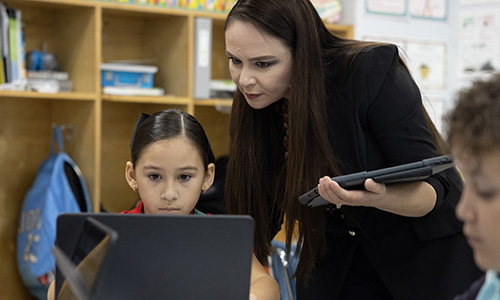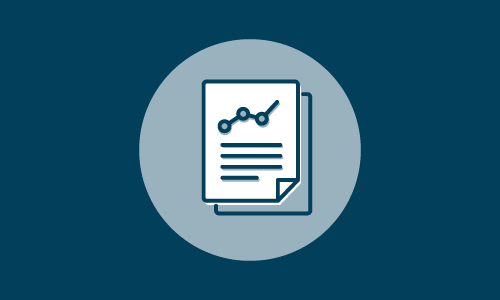Working paper
Dual language education and academic growth
2020

Description
This paper reports math and reading academic achievement and growth in grades 2 to 8 for Hispanic participants and nonparticipants of a Spanish-English dual language program. I apply a piecewise multilevel growth model to administrative data from a large school district that enrolls a substantial English Learner student population. Dual language participants started 2nd grade with lower achievement than nonparticipants. In math, dual language participants grew faster than nonparticipants during each school year in grades 2 to 5 but lost more learning during subsequent summers. Thus, despite growing faster in the beginning, dual language students did not learn more than their peers in the long run, and the gap between dual language students and the national average was not closing. In reading, dual language participants grew slightly more slowly during school years but lost less learning during the summers, closing the gap between themselves and the national average. These findings suggest that programs aimed at addressing achievement gaps need to consider summer as well as school-year learning for historically-underserved student populations.
See More






